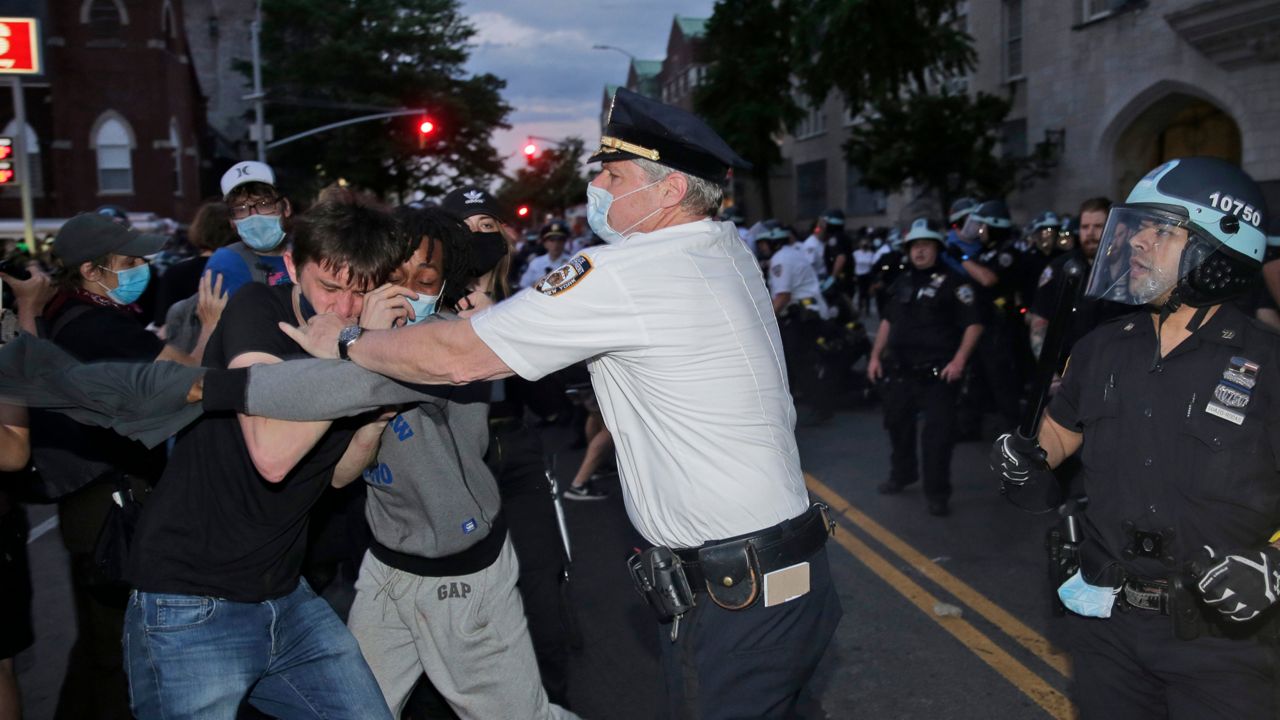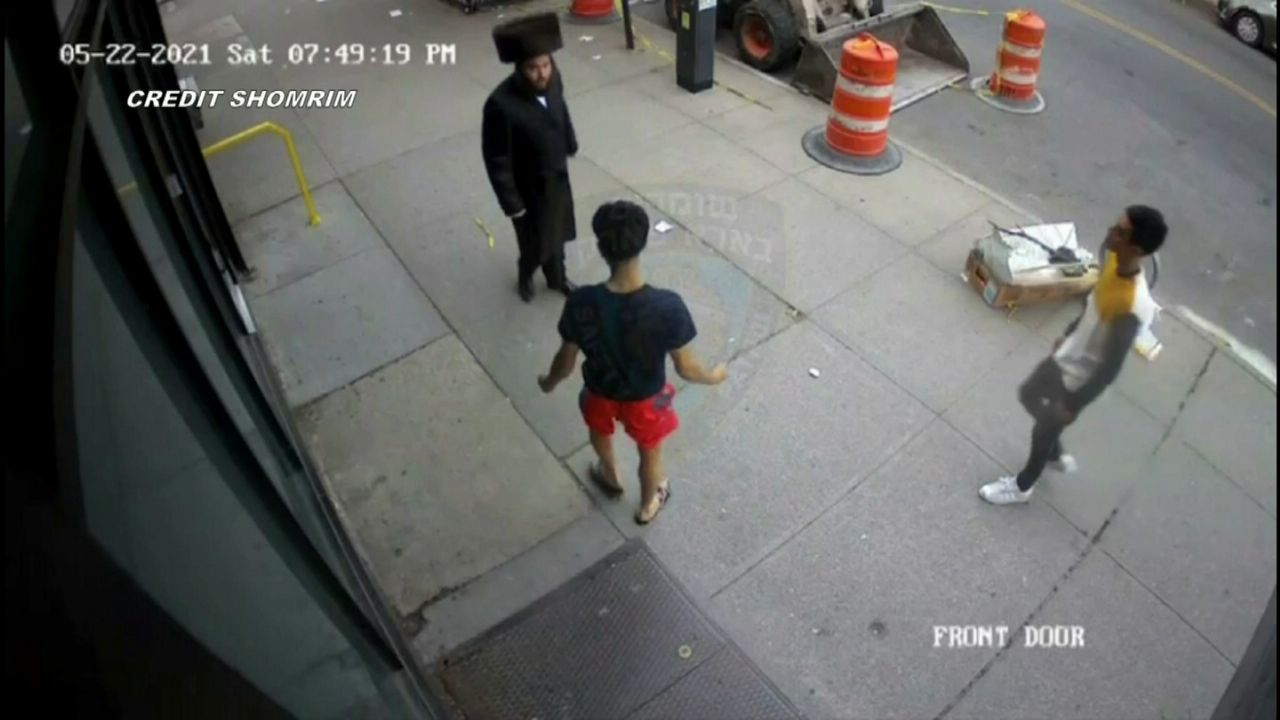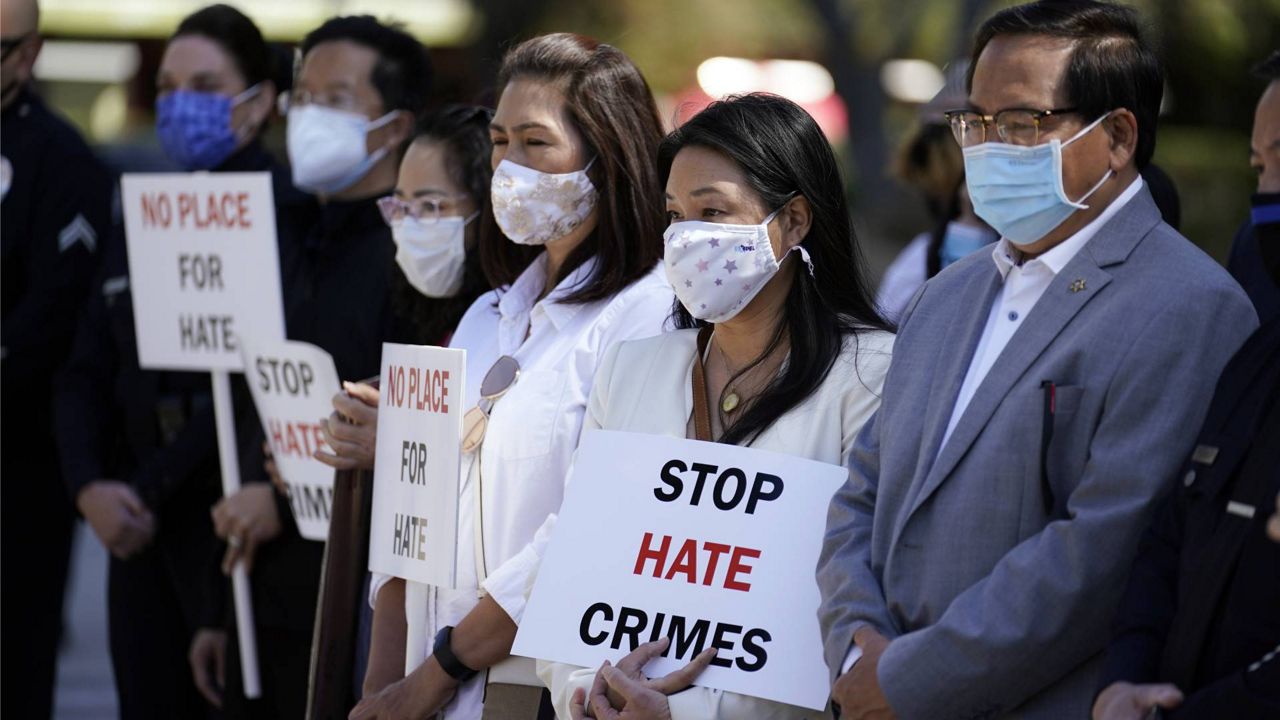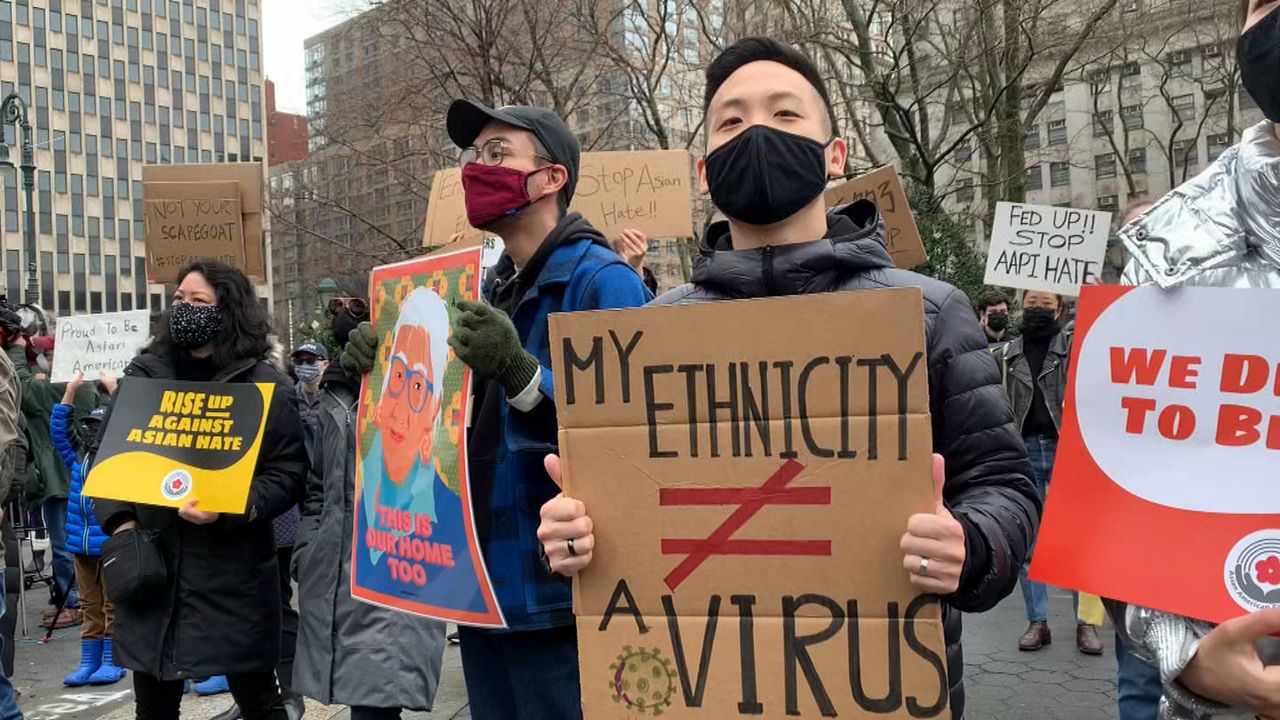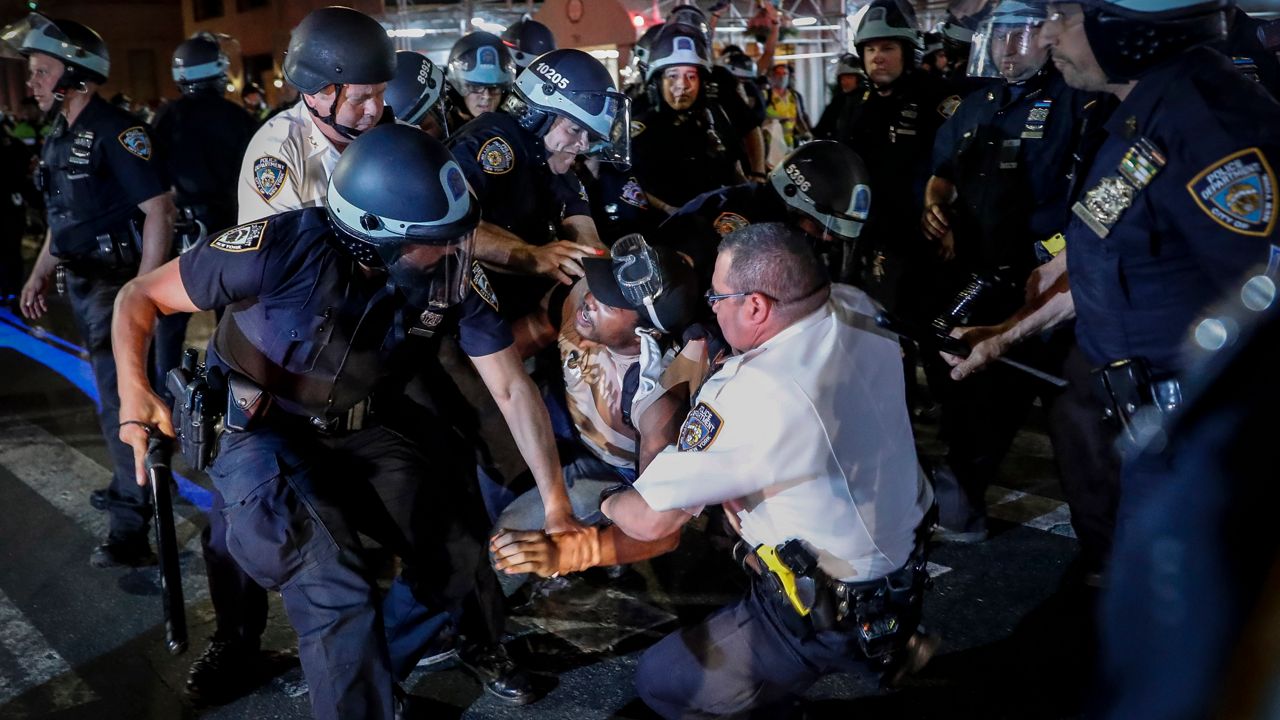In a scathing report, the city’s watchdog agency found there was excessive force and abuse of authority by the NYPD in the worst of the clashes between police and protesters in last summer George Floyd protests.
“We found some serious deficiencies here in the response,” said Margaret Garnett, commissioner of the city Department of Investigation.
The extensive review says NYPD failure stemmed from the lack of a defined strategy for policing protests.
Investigators also wrote: “The NYPD’s use of force and certain crowd control tactics to respond to the Floyd protests produced excessive enforcement that contributed to heightened tensions.”
The report revisits instances of shoving, so-called kettling and other misconduct, including driving an SUV into a crowd.
Mayor Bill de Blasio agreed broadly with the findings, but not with the notion that NYPD top brass should pay with their jobs.
“I’m taking my responsibility for mistakes that were made and decisions that turned out to be wrong,” he told reporters after apologizing to the public in a video statement.
But he added, “This is not, to me, about, 'Should someone be fired?' This is about, 'We all have to learn from it. We all have to embrace the changes.' If there’s anyone in the leadership of the NYPD who does not accept these changes, then they shouldn’t be in leadership.”
The report’s recommendations range from drafting a patrol guide policy specific to protests to strengthening external oversight by combining existing functions.
Police Commissioner Dermot Shea said he would implement the changes.
The rank-and-file Police Benevolent Association blamed the elected leadership.
Its president, Pat Lynch, said, “Nearly 400 police officers were injured – struck with bricks, bottles, fire extinguishers and folding chairs – because of the mixed messages emanating from City Hall and Albany.”
The Legal Aid Society and NYCLU in a joint statement said de Blasio and police leaders “created a de facto policy permitting and encouraging individual officers to target protesters for brutal treatment and unlawful arrests.”
Garnet said it doesn’t seem the police have learned from their history of mishandling mass protests.
“Anyone looking at these issues who’s familiar with the Republican convention in 2004, with some aspects of the Occupy protest in 2011, 2012, would find many of these things to be a familiar refrain,” she said.




